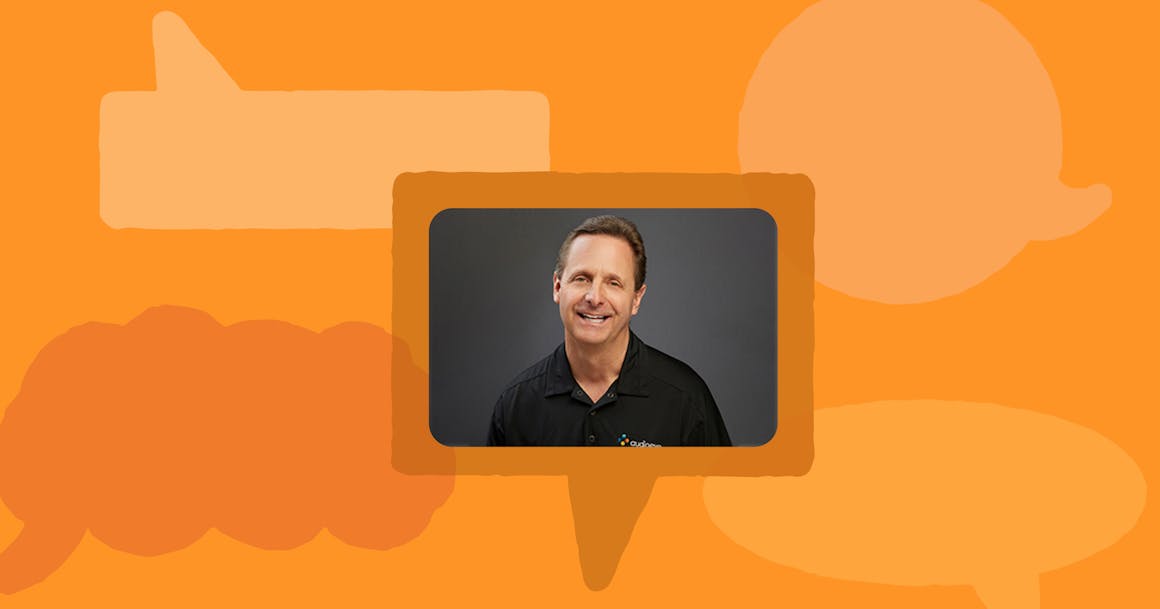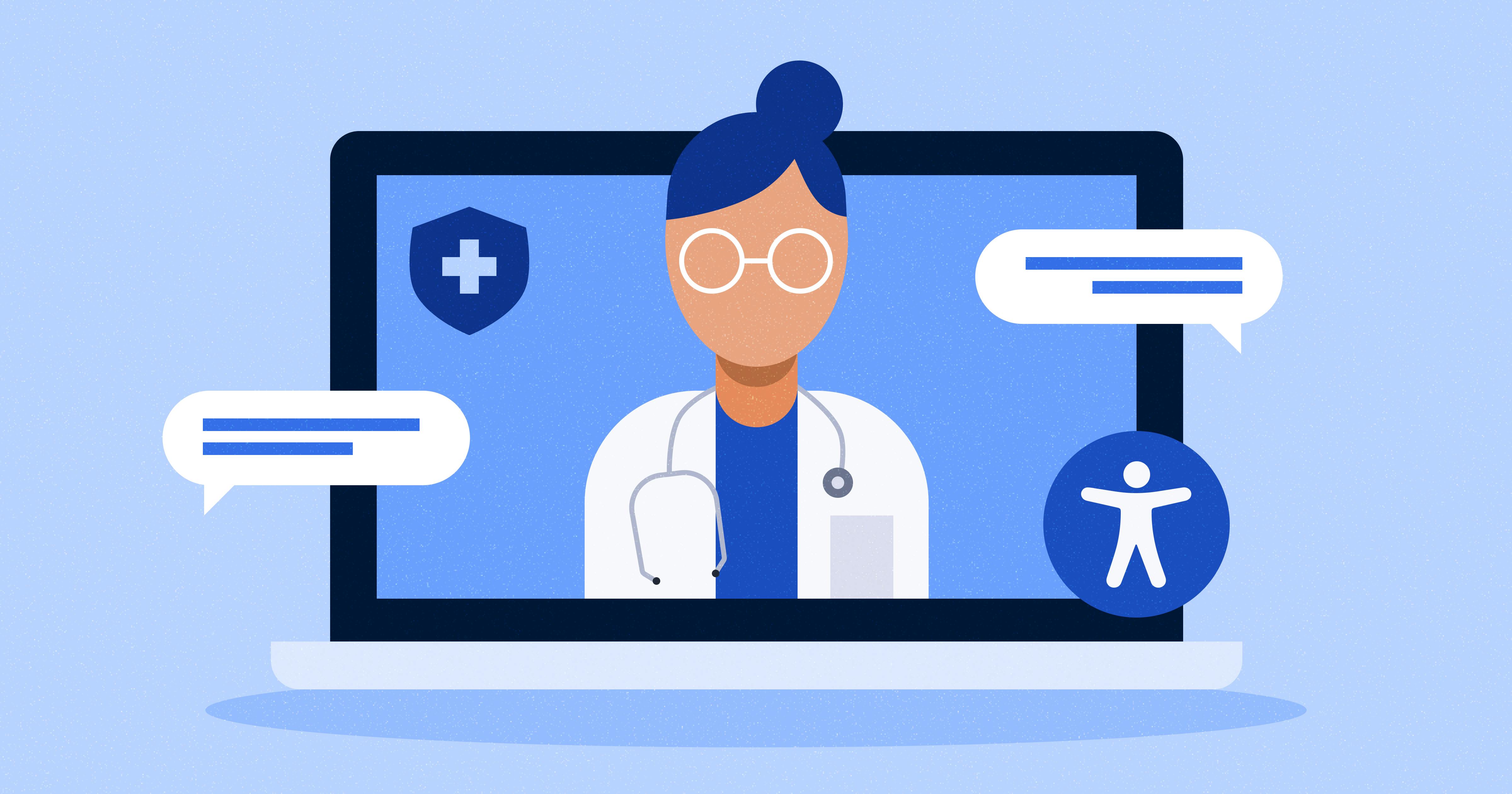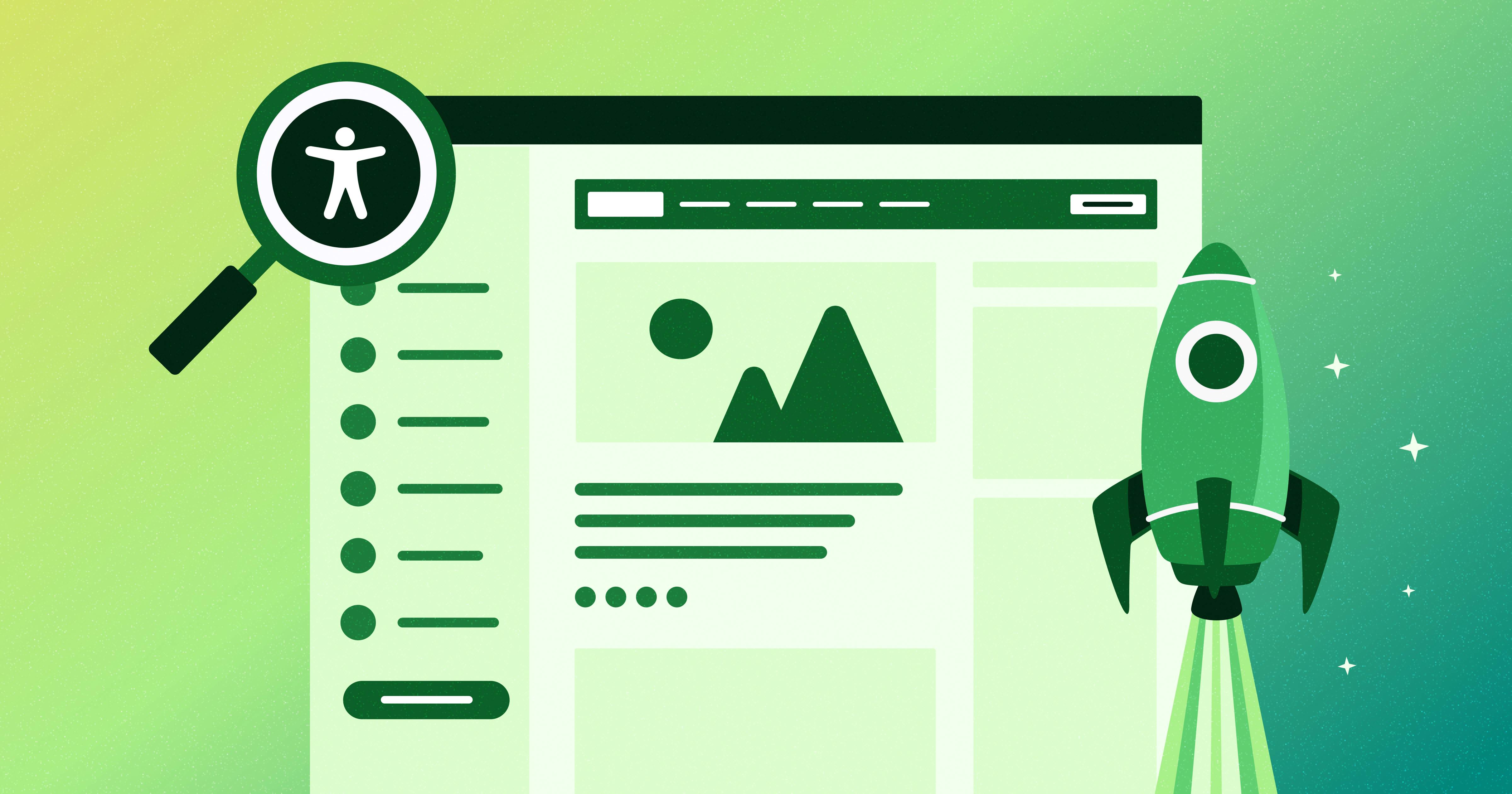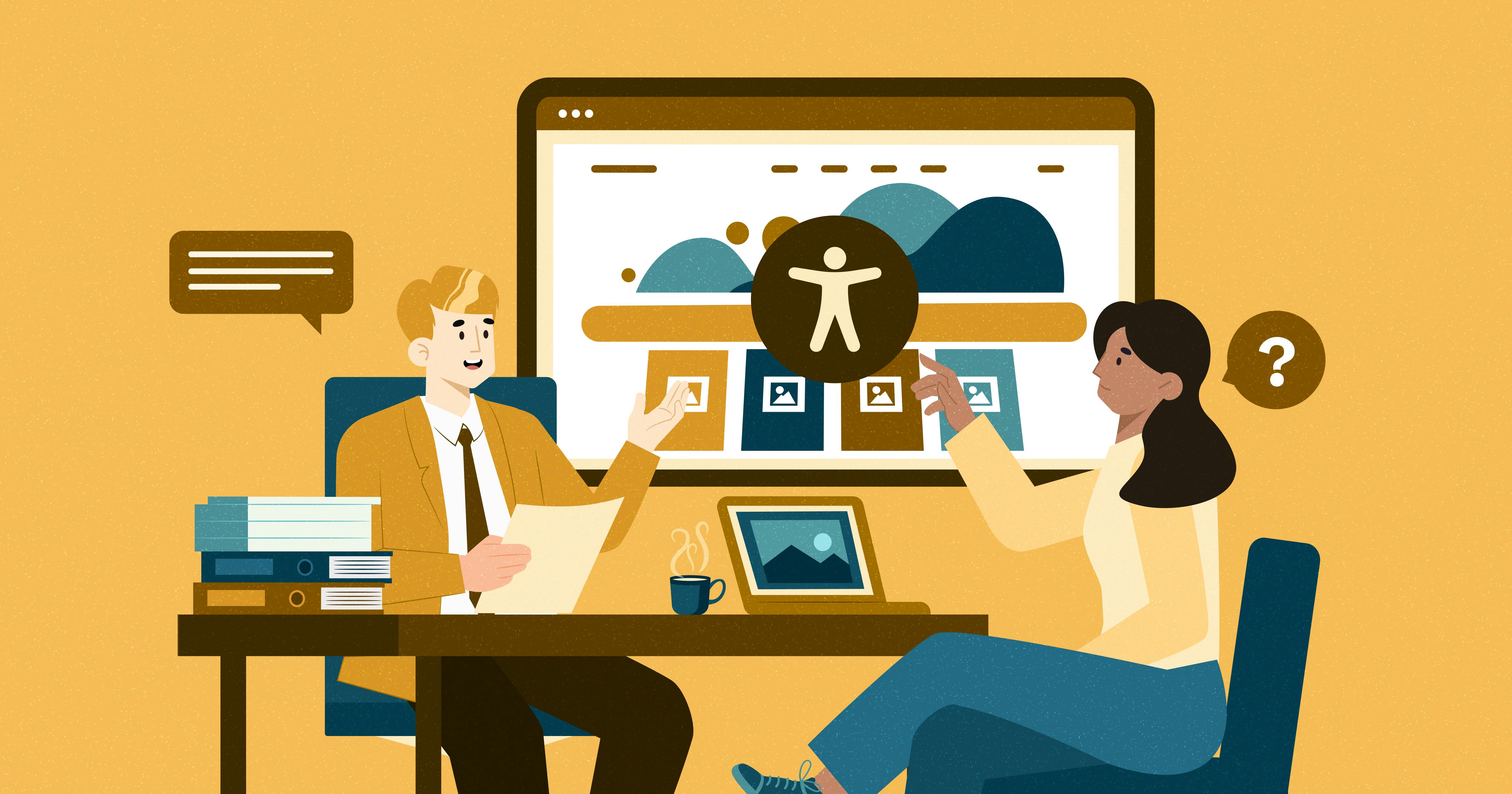Q&A with Todd Bankofier on the USBLN Rising Leaders Mentoring Program


Ready to see AudioEye in action?
Watch Demo
The USBLN Rising Leaders Mentoring Program is a six month career mentoring opportunity that pairs at least 200 college students and recent graduates with disabilities with business professionals from USBLN partner companies. The USBLN (US Business Leadership Network) unites business around disability inclusion in the workplace, and provides various tools and programs to bridge inclusive companies with people and organizations within the disability community.
The USBLN Rising Leaders Mentoring Program is a six month career mentoring opportunity that pairs at least 200 college students and recent graduates with disabilities with business professionals from USBLN partner companies. The USBLN (US Business Leadership Network) unites business around disability inclusion in the workplace, and provides various tools and programs to bridge inclusive companies with people and organizations within the disability community.
As a proud member of the USBLN, AudioEye CEO Todd Bankofier, is participating in this year’s Rising Leaders Mentoring Program. In this Q&A with Todd, he talks about why mentorship is important to him, what he and his mentee are working on together, and the wisdom he hopes to impart to everyone he mentors.
Q: Why is AudioEye participating in the USBLN Rising Leaders Mentoring Program, and what does participating mean for you personally?
A: I believe very strongly in mentorship. I’ve been mentored in my life, and I have had the privilege to mentor many people. I think it is a really important mechanism for growing the youth of our country. AudioEye stands firmly behind mentoring programs. We mentor internally, as well as externally, so it’s really part of our AudioEye DNA. It took me all of half of a second to agree to do it when USBLN asked me.
I hope in the future, more and more of my AudioEye teammates get involved as well. It does involve being at the USBLN conference in July and some other things, so there’ some things that don’t allow everyone to participate, so for those of us who participate in the conference every year, it’s definitely a must.
Q: What can you say about the importance of USBLN?
A: I think USBLN is a great catalyst for partnership between the disability and corporate communities. USBLN represents the importance of these communities understanding their respective needs, and they do it extraordinarily well.
Q: So how is your mentorship going?
A: I am mentoring a young lady from Washington, DC who is just a gem. Her name is Samantha Gomes, and she and I have been working together for just about four weeks. We meet every Wednesday for about an hour, and we talk about a lot of things.
We just finally developed a plan that’s going to take us through the month of July, and it involves looking at several phases of her professional development,
including resume building, helping her develop her short term goals, and what she wants to accomplish professionally in the long run.
In addition to her short term goals, we’re looking at her mid-term goals based around when she finishes school in about a year, and what she’s looking to do with her career in the long-term. We’ve spent a lot of time on those goals, and have created a plan that will help her work towards accomplishing these goals.
The plan includes work we’ve done to help her with her interviewing skills and enhance her social media platforms. We’re also going to select a book and read it simultaneously — kind of like our own little book club — we’ll select something she is interested in, and I’ll learn right along side of her. We’ll talk about it each week. We’re still narrowing down topics and options.
I’m helping her develop her professional vision statement about what Sam sees herself doing professionally. I told her it’s tough to determine the longterm plan, but we focus on her real passions in life, and what her real vision is, for what she’ll be doing when she gets out of college.
One of the last things we’re going to do is I’m going to teach her to develop an elevator pitch. We’re going to take a number of different products and services, and practice how to really hone in on what a few companies do in short, articulate statements. For example, we could take Amazon and have her quickly describe what Amazon does in 60 seconds, and be able to explain the value of why someone should use Amazon.
The goal is to get her to really start thinking about how sometimes you have a really short time frame to get a point across. You don’t always get time to sit down with everybody for lunch, so you have to be able to just nail it immediately. When somebody asks you what you do or what you believe in, you need to be able to state it quickly, concisely and effectively.
Finally, but most importantly, we believe it is key to assist people with disabilities in communicating with their employers about the accommodations they require. We’re going to work on a process and framing of requests, so they are understood from the employers side as necessary and reasonable, and not as ‘needy.’ To the effect of: ‘these are the things that are going to be important to me, and hopefully we understand those things up front, and you can accommodate me.’
Q: Is there anything in particular YOU want people to know or understand?
A: To understand the mission behind mentoring. I think it’s something like 1 in 3 youth grow up without any sort of person to look up to, or a mentor in their life. That’s 33% of the population, and there’s a direct correlation there with low employment expectations, and how to overcome challenges. There’s a direct correlation between that, and having had someone help you understand those things from an early point in life. I just can’t tell you how important it is for those of us who have been down that trail, to be able to pass along those messages and that education to these young people so that they can start to learn it at an early age.
My grandfather used to always tell me, ‘If you don’t do anything else, maybe listen to a couple of the things I tell you every once in a while because I’ve been there, I’ve done that, and if you can learn at your age what took me 40 years to learn, you’re gonna be way ahead of the curve.’
I can hear him in my head now saying, ‘Sometimes it may sound like I’m repeating myself, but I’m going to keep telling you over and over again the things that are going to help you the most.’
I really appreciate my grandfather for his persistence. He mentored me all the time, and I still look back on those days and remember how important it was. Because I learned THEN, and I didn’t have to wait until I was 40 to go, ‘oh I wish I would have learned that when I was 20!’
I think probably what’s most important is I think that mentoring is an inclusion strategy. When you allow yourself to transfer knowledge to somebody else, you make them feel part of something that you’ve already been through. So it’s the ultimate in inclusion for me. There’s nothing better than being able to pass along your experiences and expertise to somebody else, so they learn it at an early age. So if they ever come across those challenges they will know what to do, and have some perspective. That is really important.
Q: Any last thoughts?
A: I just enjoy talking to Sam so much each week, she’s just a ray of sunshine. She’s always saying, ‘wow I didn’t know that! I didn’t have any idea!’ and when I hear that come out of her mouth, it just makes my day. I say, ‘I just want you to know everything that I know now, but at age 20,’ and hopefully that will help her move faster through her life and career.
Ready to see AudioEye in action?
Watch Demo
Ready to test your website for accessibility?
Share post
Topics:
Keep Reading

4 Ways Healthcare Digitization Improves the Patient Experience
Discover how healthcare digitization improves patient experiences through streamlined processes, telemedicine, digital medical records, and accessibility. Learn why modernizing care with technology is essential for today’s healthcare providers.
accessibility
December 06, 2024

How to Test a Website for Accessibility: Quick Test Guide
Testing your website for accessibility doesn't have to be overwhelming. Discover quick ways to test your digital content for accessibility in this quick test guide.
accessibility
December 02, 2024

Web Accessibility Consultants: How the Human + Automation Approach Affords Maximum Protection
Regular web accessibility consultants help with remediation, compliance and legal challenges. Find out how AudioEye's approach goes a step beyond.
accessibility
November 29, 2024
